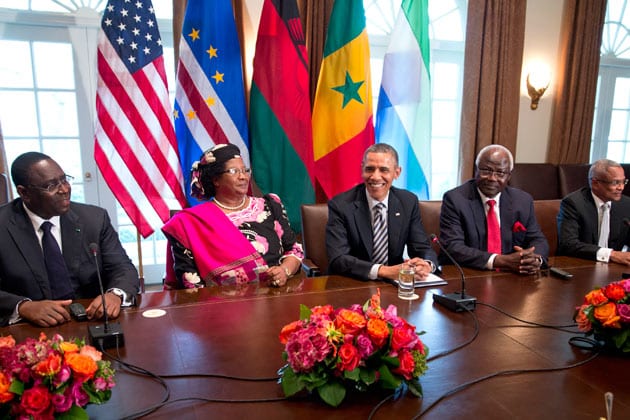
In advance of this week’s U.S.-Africa Leaders Summit in Washington, D.C., National Public Radio published an article that discussed the goals of the summit, the first such event organized by a U.S. president for 40 African leaders. One is to bring African heads-of-state in contact with American business leaders for discussions on investment and business opportunities; the other is, according to the article, “to change the narrative” about Africa, from one mired in violence and humanitarian crises to that of business opportunities.
Business and entrepreneurship are not often considered as public diplomacy strategies, but it makes sense why they should be. After all, business affects the national economy, which then affects how the people see their lives and their country, informing their relationships with other nations. History supports this phenomenon: after the Korean War, it was economic reforms that provided the initial boost to help South Korea become the cultural and economic powerhouse it is today. Brazil’s economic growth in the past decade has renewed international business interests in the country, with many companies establishing South American hubs in São Paulo and Rio de Janeiro.
Changing continental perceptions are not new – both of the aforementioned countries were largely obscure in the world consciousness, recognized only by their regional identities until they received individual economic breakthroughs or high-profile public diplomacy events (i.e., Olympics, World Cup). But is a three-day summit in the U.S. the answer to changing the world’s perceptions of Africa? After all, Africa is comprised of 54 nations; to suggest that (largely Western) countries should singularly invest in an entire continent is vague at best and ignorant at worst.
In addition, none of the forums and panels are schedule to address specific regions or countries in Africa. Even the name – U.S.-Africa Leaders Summit – perpetuates the idea of Africa as a single unit with monolithic problems. The recent health crisis involving the Ebola virus is case in point: although only three African leaders, not the entire continent, had to drop out of the summit to address the crisis in their respective countries, international media seem to have already juxtaposed the issue with that of the entire summit involving all of Africa.
Whether the continent’s public diplomacy will be helped by the U.S.-based summit remains to be seen. Sources in the NPR article conceded that the summit is more of a “pageant” rather than a site for actual deal making. But if the amount of time, money, and attention paid to the summit are any indication, it’s clear that many are regarding it as more than just a show.

